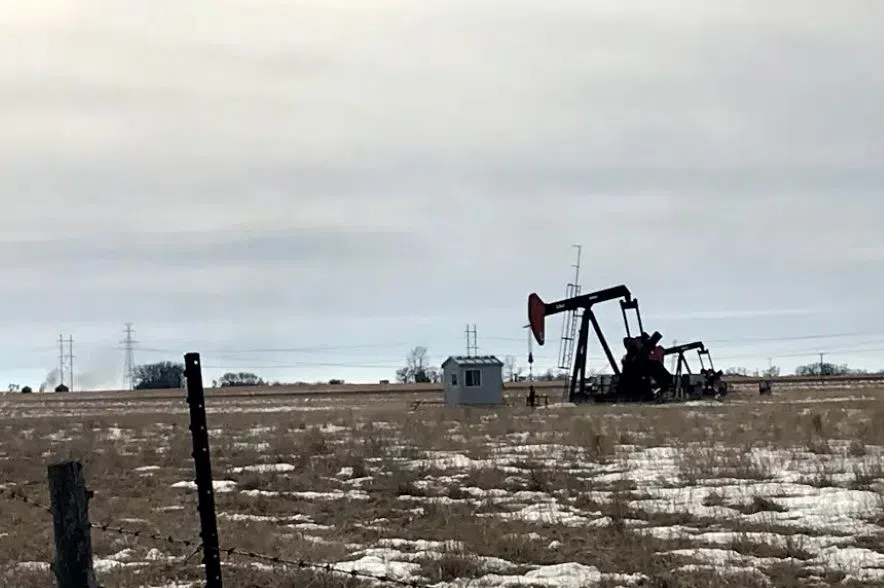Just days after Saskatchewan’s government criticized the federal government’s proposed methane rules for the oil and gas industry, new research is criticizing emissions from Saskatchewan’s oilpatch.
A study by researchers at Carleton University’s Energy and Emissions Research Lab suggests the province’s oilpatch emits methane at a higher rate than almost anywhere else in North America.
Matt Johnson of the lab said Saskatchewan’s methane emissions have fallen in recent years, but he added that most of that drop seems to have come from production cuts, not industry improvements.
Worse, his research concluded that about 2.6 per cent of natural gas produced in the province leaks into the atmosphere, where it warms the climate at a rate about 80 times that of carbon dioxide.
That rate is well above what is allowed in proposed American and European regulations.
Johnson said it doesn’t make sense to talk about percentage declines in methane emissions, because old measurements are unreliable.
The proposed federal regulations aren’t due to be published in full until mid-December, but Steven Guilbeault — Canada’s environment minister — revealed part of the feds’ plan to cut emissions during a methane event at COP28, the United Nations’ climate change conference in Dubai.
The proposed rules would implement a new target to cut the oil and gas industry’s methane leaks and releases to 75 per cent of 2012 levels by 2030. The new regulations would essentially ask the industry to eliminate venting and flaring, with some exceptions for safety reasons.
Canada’s current regulations target a cut of 40 to 45 per cent by 2025.
The Saskatchewan government condemned the proposed rules immediately after Guilbeault spoke Monday.
“This amounts to a production cap by default and is another instance of federal overreach and changing goalposts,” a government statement read. “It also violates the current equivalency agreement, which Saskatchewan signed with the federal government in 2020.”
The provincial government noted that Saskatchewan has reduced greenhouse gases – including methane – from upstream oil facilities by 60 per cent between 2019 and 2022, and still hopes to meet the current target for 2025.
Jim Reiter, Saskatchewan’s energy and resources minister, called the proposed rules “another example of federal overreach.” Justice Minister Bronwyn Eyre added that the new rules will make the Canadian oil and gas industry less attractive for investors.
“These continually changing rules lead to investor uncertainty and allow countries with far less stable regulatory regimes to dominate the energy space,” Eyre said in the government’s statement.
“This latest unilateral federal action on methane targets specific provincial industries and infringes on our exclusive provincial jurisdiction over natural resources.”
Eyre suggested the province could refer the matter to Saskatchewan’s newly formed Economic Impact Assessment Tribunal.
— With files from The Canadian Press







